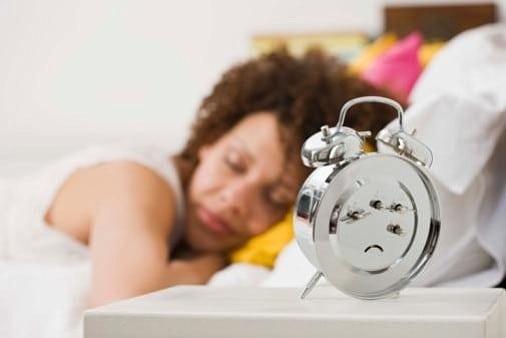Want a healthy heart? Get seven hours of sleep
Sleep—or lack thereof—has been linked to a whole host of ailments, including heart disease.
While you’re asleep, your body is hard at work repairing damaged tissue, regulating hormone levels and keeping your blood pressure in check. Skimp on sleep over the long haul (short spurts of sleep deprivation, the kind you suffer when you bring home a new baby, for instance, usually don’t count) and you’re at increased risk of heart attacks and strokes.
You’ve heard the call for eight hours of sleep each night. But researchers at West Virginia University School of Medicine pinpoint seven as the magic number of hours needed to lower your risk of heart disease. Sleep less or, surprisingly, more, and you are more likely to develop heart disease.
If you find you’re regularly yawning by that 1 p.m. meeting, you’re in good company. A 2011 Sleep in America Poll (by the National Sleep Foundation) found that 60 percent of adults in this country say they have trouble sleeping nearly every night.
So what should you do if you toss and turn on the regular? Follow these tips to sleep well for heart health:
- Avoid caffeine after noon. (Coffee, tea, sodas and chocolate can all contain caffeine.)
- Exercise at least five hours before you hit the hay.
- Don’t eat heavy meals within three hours of bedtime.
- Try a relaxing bath or shower about an hour and a half before you head to bed.
- Go to bed at the same time every day, even weekends.
- Leave your electronic devices in another room. Even the low light emitted by laptop, tablet and cell phone screens is enough to interfere with your body clock.
When all else fails, talk to your doctor.






